Weekly Newsletter
Curated articles every weekApplied Sports Science Weekly Digest #382

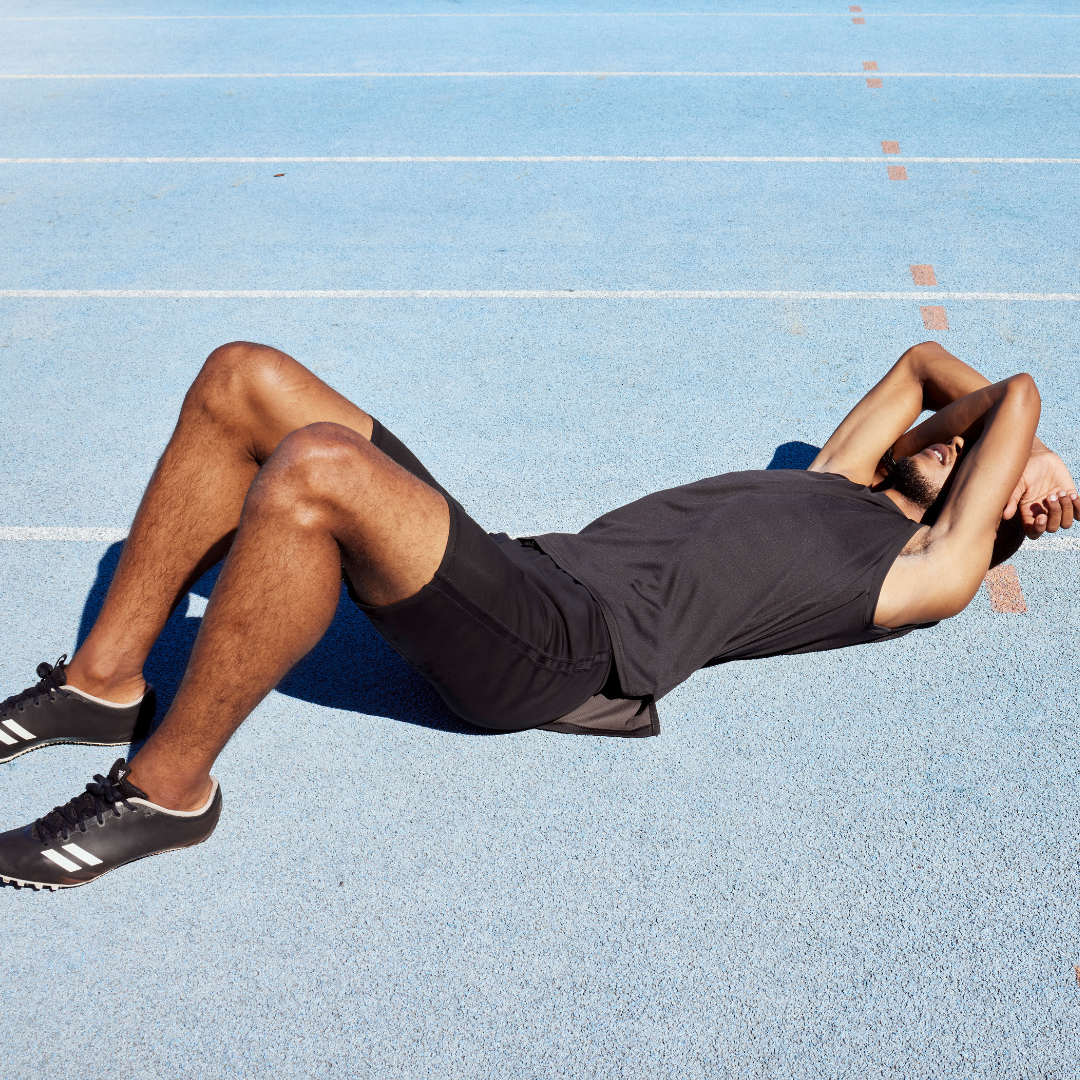
Frontiers in Sports and Active Living | December 2024
Cognitive appraisals linking dispositional mindfulness to athletes’ emotions: a multi-states theory approach
“The results highlight the impact of mindful awareness, refocusing, and cognitive appraisals on athletes’ emotional and psychobiosocial experiences.”
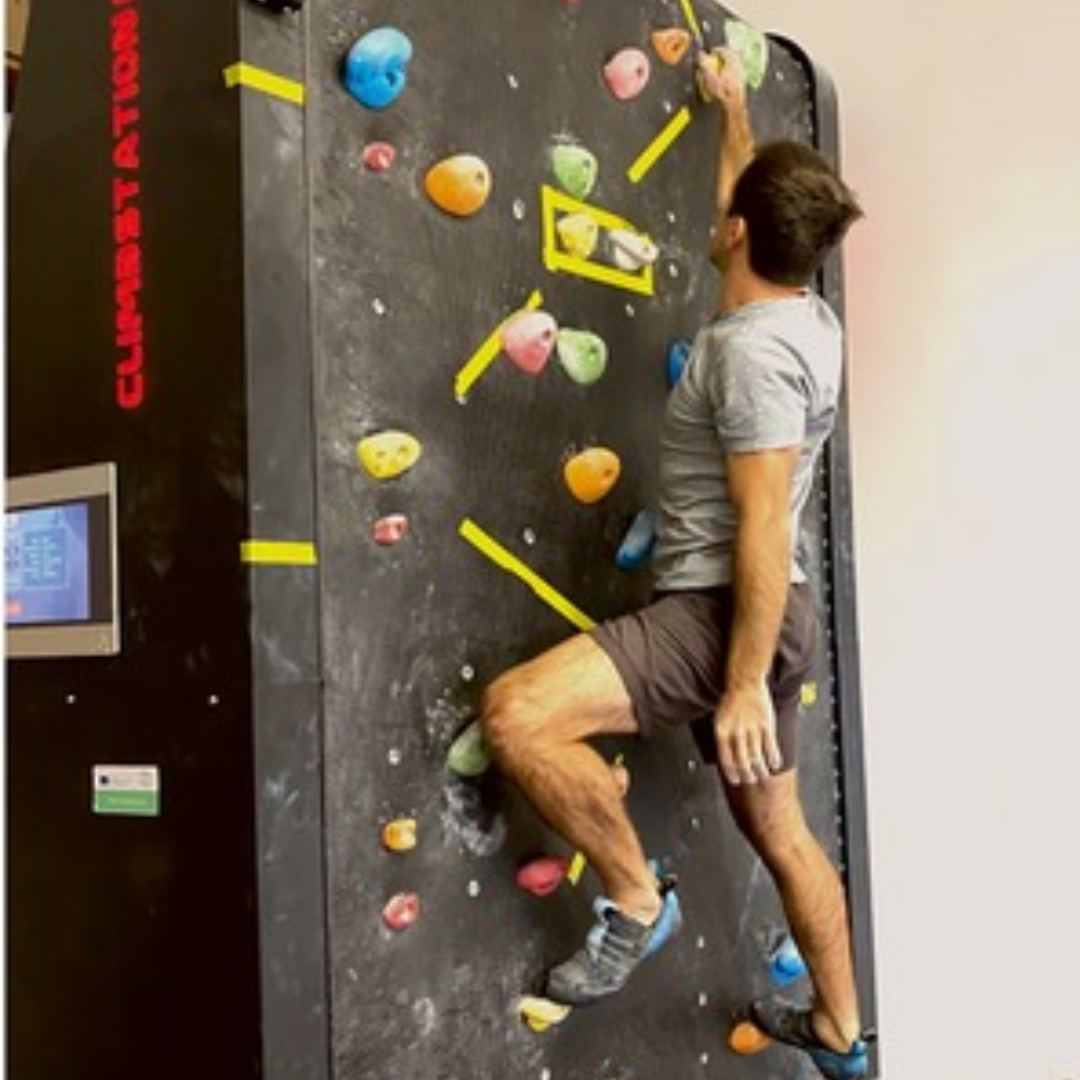
Frontiers in Sports and Active Living | December 2024
Optimizing active recovery strategies for finger flexor fatigue
“The results show that easy climbing or intermittent isolated forearm contractions should not be used as AR strategies to maintain subsequent performance in comparison to walking, indicating that using the same muscle group for AR should be avoided between exhaustive isometric contractions.“
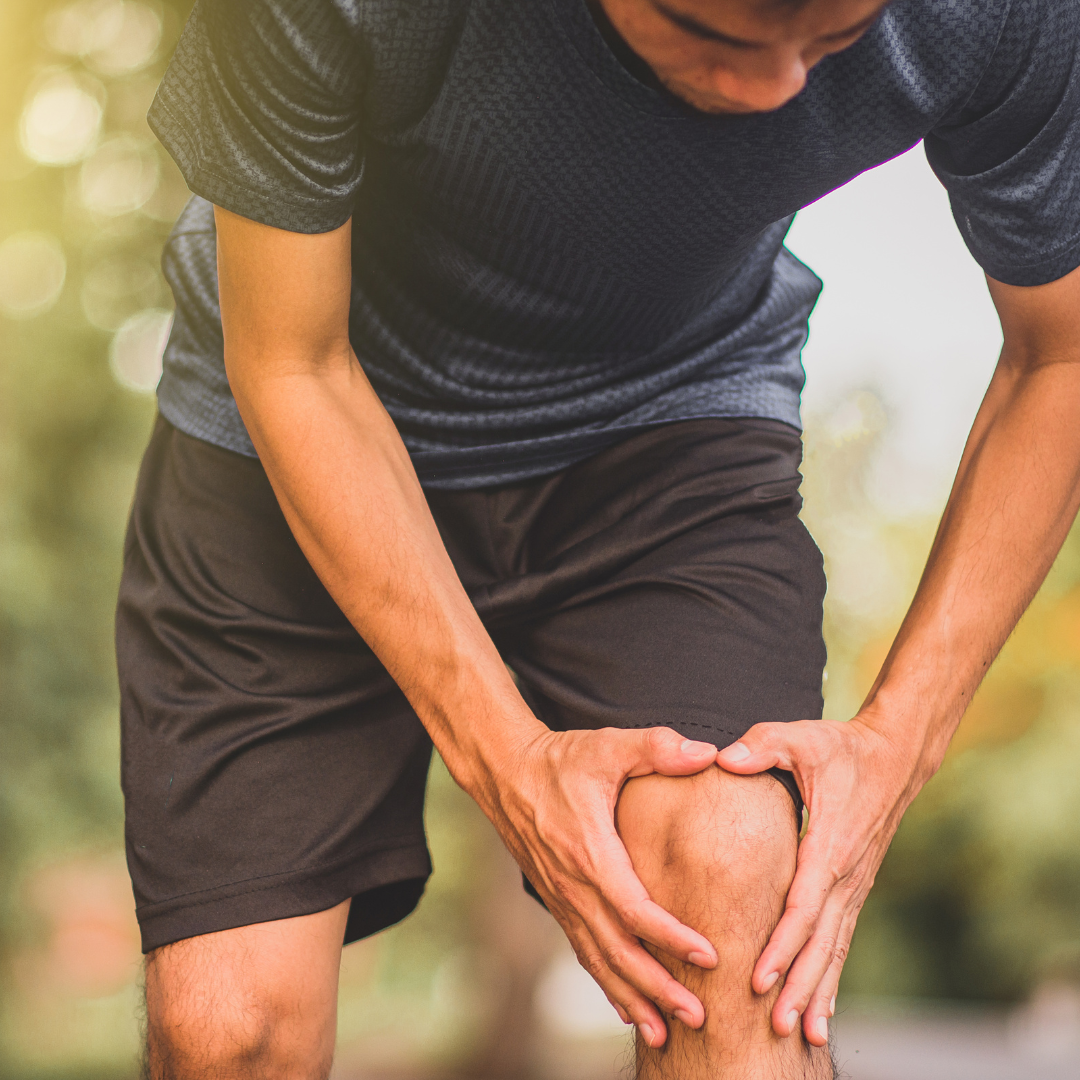
Journal of Science & Medicine in Sport | December 2024
Do physical or imaging changes explain the effectiveness of progressive tendon loading exercises? A causal mediation analysis of athletes with patellar tendinopathy
“The beneficial effect of PTLE on patellar tendinopathy was not mediated by changes in physical properties, tendon thickness or degree of neovascularization.”
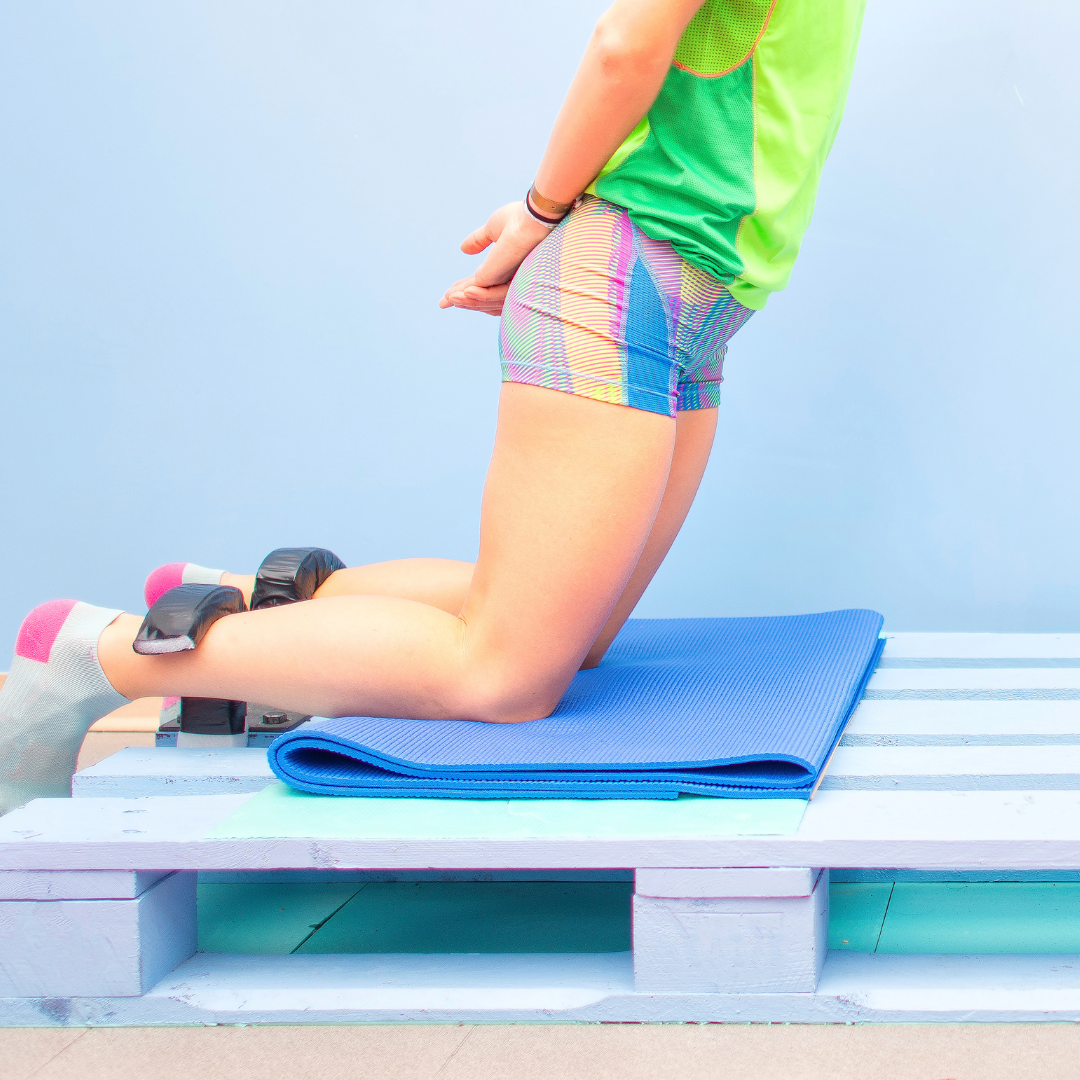
Journal of Sport & Health Science | December 2024
Does eccentric strength training add sarcomeres in series and subtract sarcomeres in parallel?
“The first in vivo measurements of serial sarcomere number in human muscles before and after eccentric strength training have just been published and the results will interest anyone involved with sport or health.”
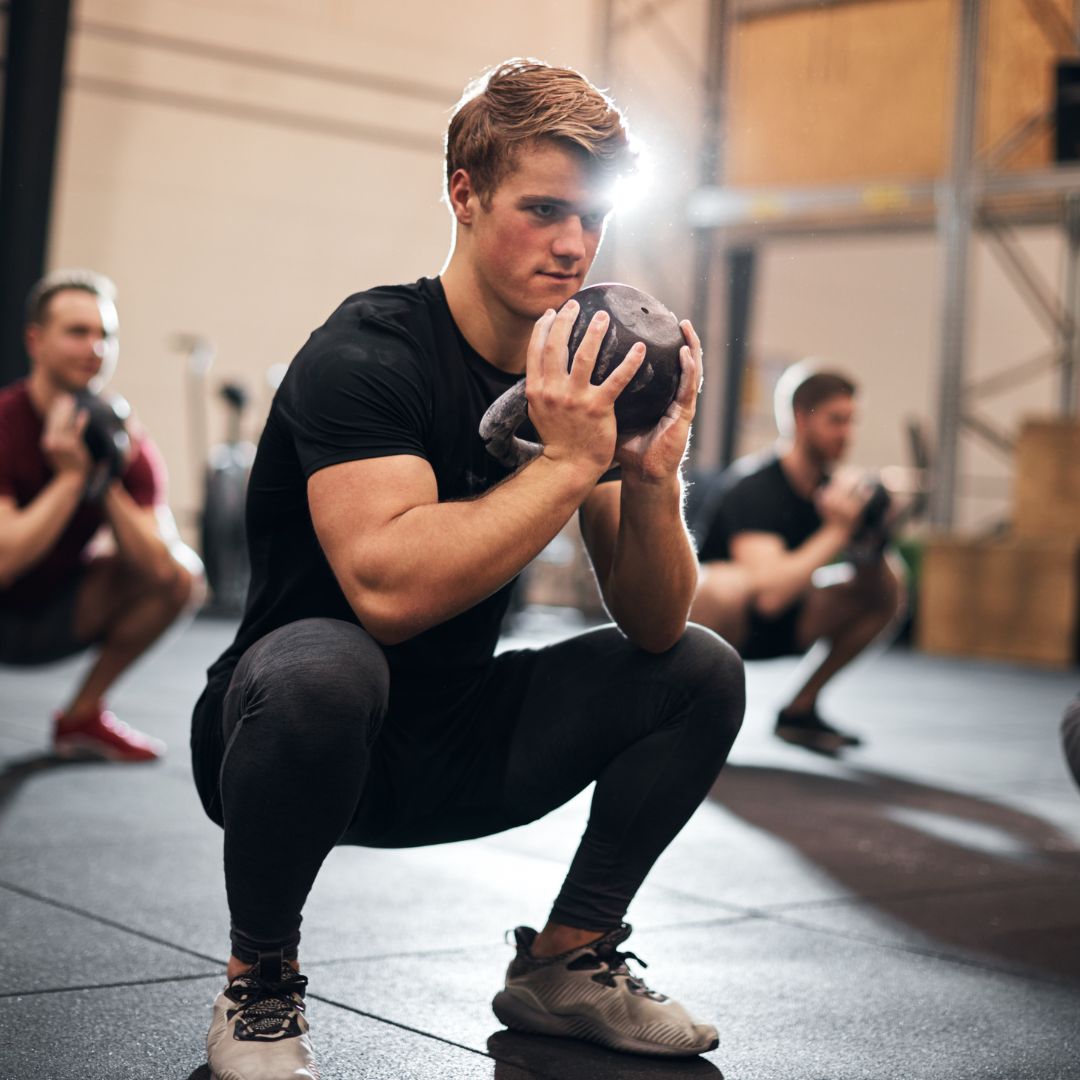
CoachMePlus SportLab | December 2024
How CoachMePlus Can Be Used By Everyone
“In today’s high-performance world, data-driven approaches are revolutionizing the way we train, monitor, and optimize physical performance across various fields.”
Newsletter History
Applied Sports Science Weekly Digest #341
Frontiers in Sports and Active Living | March 2024Evaluation of hop test movement quality to enhance return to sport testing. A cross-sectional study"The “Quality First” assessment shows fair to good reliability when used by different raters. When used multiple times...
Applied Sports Science Weekly Digest #340
Frontiers in Sports and Active Living | February 2024Towards in-field assessment of humeral and scapular kinematics: a comparison between laboratory and field settings using inertial sensors"Data indicate that humeral elevation, humeral axial rotation, and scapular...
Applied Sports Science Weekly Digest #339
Frontiers in Sports and Active Living | February 2024Effect of the pre-taper level of fatigue on the taper-induced changes in performance in elite swimmers"Performance gain after tapering was higher in AF swimmers than in overreached. Moreover, pre-taper sleep was...
Research Articles
Suggested articles for further readingBODY COMPOSITION
Jackson, A and Pollock, M. Generalized equations for predicting body density of men. British Journal of Nutrition. 1978;40:497-504. Abstract
Siri, W. Body composition from fluid space and density. Brozek & A. Hanschel (Eds.), Techniques for measuring body composition. 1961;223-244. Abstract
Brozek, J, Grande, F, Anderson, J, and Keys, A. Densitometric analysis of body composition: Revision of some quantitative assumptions. Annals of the New York Academy of Sciences. 1963;110:113-140. Abstract
INJURY PREVENTION IN YOUTH ATHLETES
Chu, D., A. Faigenbaum, and J. Falkel. Progressive Polymetrics for Kids. Monterey, CA: Healthy Learning. 2006
Hewett, T. G. Myer, and K. Ford. Reducing knee and anterior cruciate ligament injuries among female athletes. J Knee Surg 18:82-88. 2005.
Micheli, L. Preventing injuries in sports: What the team physician needs to know. In: F.I.M.S. Team Physician Manual, 2nd ed., K. Chan, L. Micheli, A. Smith, C. Rolf, N. Bachl, W. Frontera, and T. Alenabi, eds. Hong Kong: CD Concept. 2006. pp. 555-572.
RPE (RATING OF PERCEIVED EXERTION)
Pandolf, K, Billings, D, Drolet, L, Pimental, N, and Sawka, M. Differentiated ratings of perceived exertion and various physiological responses during prolonged upper and lower body exercise. European Journal of Applied Physiology and Occupational Physiology. 1984;53:5-11. Abstract
Baden, D, McLean, T, Tucker, R, Noakes, T, and St Clair Gibson, A. Effect of anticipation during unknown or unexpected exercise duration on rating of perceived exertion, affect, and physiological function. J Sports Med. 2005;39:742-746. Abstract
SLEEP
For a more thorough list about sleep, check out Fatigue Science’s extensive research page.
Russel, C., PhD, J.A., PhD, Arand, D., PhD, Myers, L.J., PhD, Wubbels, P., BS, and Downs, H., PhD. Validation of the Fatigue Science Readiband™ Actigraph and Associated Sleep/Wake Classification Algorithms. Archinoetics, LLC.
Globe and Mail. The Globe and Mail, 31 Dec. 2014. Web. 13 Apr. 2015. Article
Mah CD; Mah KE; Kezirian EJ; Dement WC. The effects of sleep extension on the athletic performance of collegiate basketball players. SLEEP 2011;34(7):943-950.
GPS (GLOBAL POSITIONING SYSTEM)
Varley M, Fairweather I and Aughey R. Validity and reliability of GPS for measuring instantaneous velocity during acceleration, deceleration and constant motion. Journal of Sports Sciences. 2012;30(2):121-127. Abstract
Boyd L, Ball K and Aughey R. Quantifying external load in Australian football matches and training using accelerometers. I J Sports Phys and Perf. 2013;8(1):44-51. Abstract
Gabbett T. Quantifying the physical demands of collision sports; does microsensor technology measure what it claims to measure? J Strength and Conditioning Research. 2013;27(8):2319-2322. Abstract
HYDRATION
For a thorough list of publications about hydration, visit the Gatorade Sports Science Institute Publications page.
Osterberg, K, Horswill, C, and Baker, L. Pregame urine specific gravity and fluid intake by National Basketball Association players during competition. Journal of Athletic Training – J ATHL TRAINING. 2009 01-02;44(1):53-7. Abstract
Godek, S, Peduzzi, C, Burkholder, R, Condon, S, Dorshimer, G, and Bartolozzi, A. Sweat rates, sweat sodium concentrations, and sodium losses in 3 groups of professional football players. Journal of Athletic Training. 2010 Jul-Aug; 45(4): 364–371. Abstract
WELLNESS QUESTIONNAIRE
Hooper, S, Mackinnon, L. Monitoring overtraining in athletes: recommendations. Sports Med. 1995;20(5):321–327.
McLean, B, Coutts, A, Kelly, V, McGuigan, M, and Cormack, S. Neuromuscular, endocrine, and perceptual fatigue responses during different length between-match microcycles in professional rugby league players. International Journal of Sports Physiology and Performance. 2010;5:367-383. Abstract
HRV (HEART RATE VARIABILITY)
Holman, A and Ng, E. Heart rate variability predicts anti-tumor necrosis factor therapy response for inflammatory arthritis. Auton Neurosci. 2008;143:58-67. Abstract
Fomin, R and Nasedkin, V. Effective management of athlete preparation: a comprehensive approach to monitoring of athlete’s individual readiness. White paper, Omegawave, ePub. 2013.
FORCE PLATE
Linthorne, N. Analysis of standing vertical jumps using a force platform. American Journal of Physics. 2001. Abstract
Guillaume L, Wagner P, and Tombleson T. Countermovement jump height: gender and sport-specific differences in the force-time variables. Journal of Strength and Conditioning Research. 2013. Abstract
ithlete. Guide to training with heart rate variability (HRV). HRV Fit Ltd. 2012. Download
